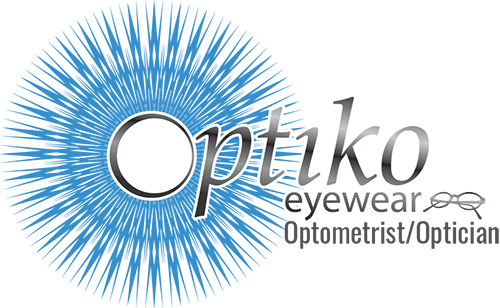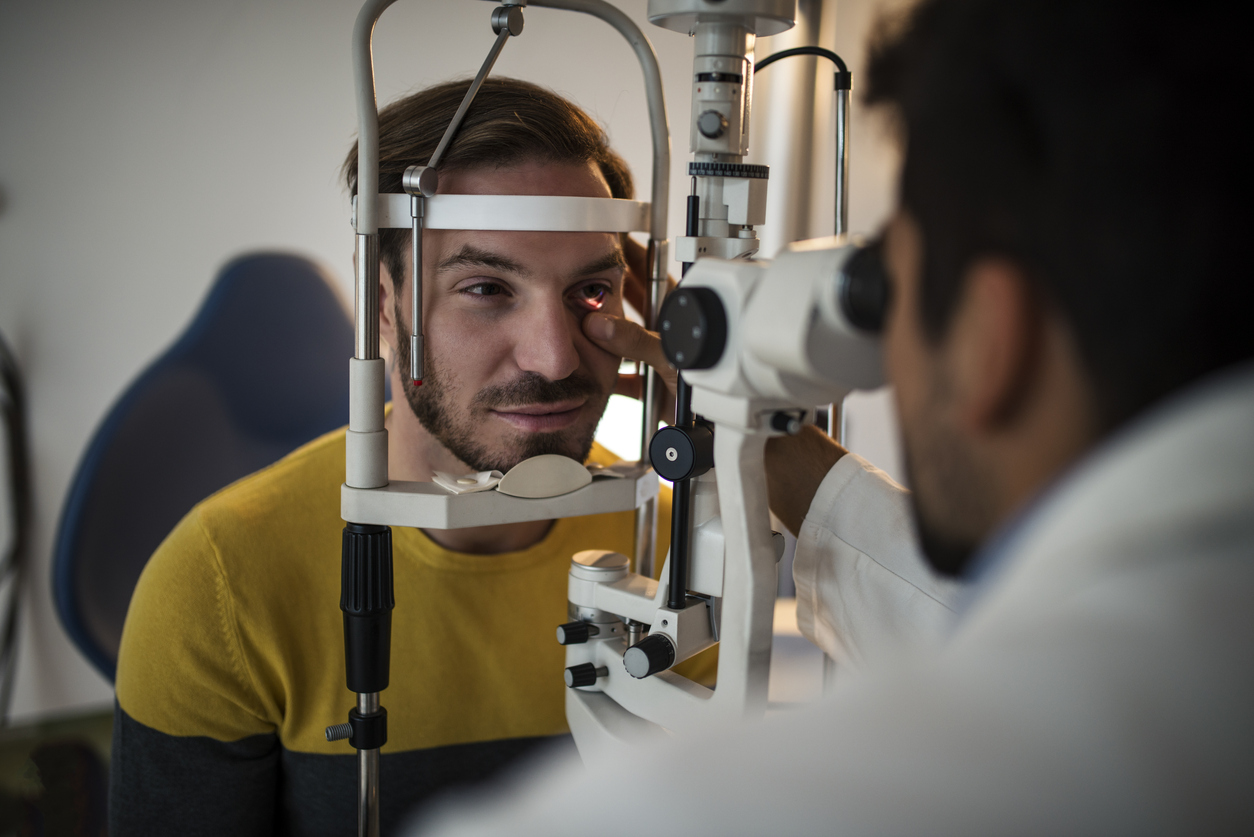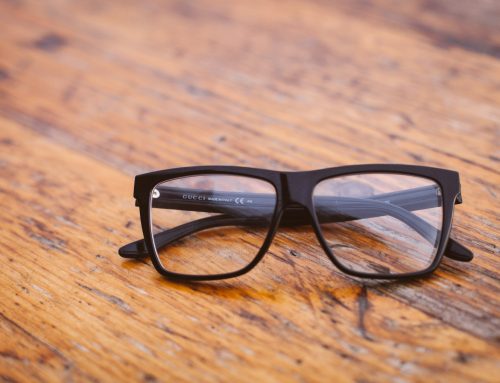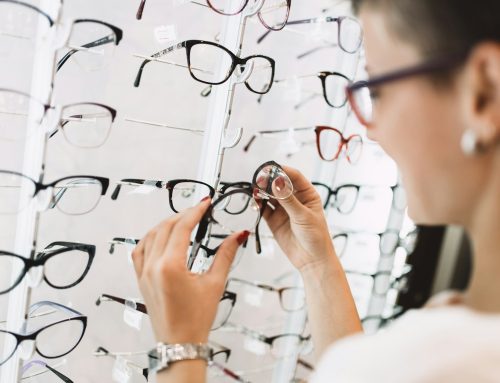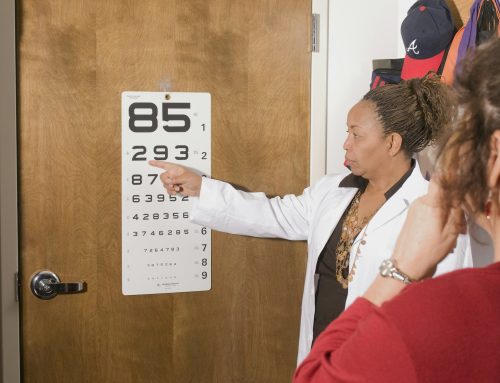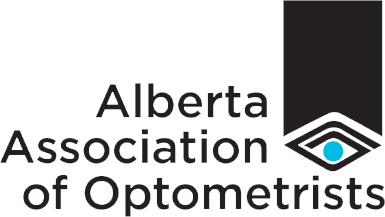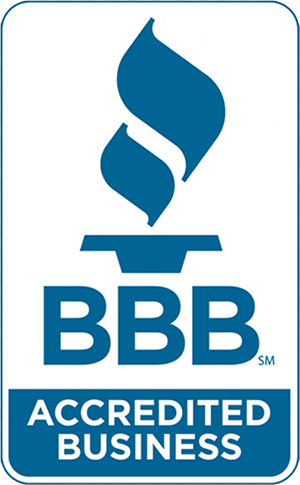An old saying goes, “our eyes are windows to our souls.” Although no scientific evidence supports this claim, there is no denying that our eyes are essential. We must make an effort to take care of them.
It is necessary to have regular comprehensive eye exams to protect your vision and ocular health. These exams can identify early signs of severe eye problems, allowing for prompt treatment.
During a comprehensive eye exam, your doctor will evaluate your vision and check for any eye problems. She will also test your eye muscle function and peripheral vision. Your ophthalmologist will look for signs of disease, such as cataracts, glaucoma, and diabetic retinopathy.
A comprehensive eye test is a thorough examination of the eyes to check for any problems with vision or eye health. This eye exam is essential for people with concerns about their vision or a history of eye disease.
What Is an Eye Exam?
A comprehensive eye test is essential to maintaining your overall health and well-being. During this exam, your optometrist will conduct several tests to evaluate your eye health and vision. These tests can help detect eye problems like glaucoma, cataracts, or macular degeneration. Early detection and treatment of these conditions are necessary to preserve your vision.
The comprehensive eye exam usually begins with a discussion of your medical history. Be sure to tell your optometrist about any medical conditions and medications you are taking. The eye doctor will ask you about your family’s medical history, as some eye conditions are hereditary.
Next, the eye doctor will conduct a visual acuity test. This test measures how you see at different distances. You will be asked to read from an eye chart placed at different distances from your eyes.
After the visual acuity test, the optometrist will conduct a visual field test. This test measures your peripheral vision, or how well you see items to the side while fixating on a central object. During this eye exam, you will be asked to look at a primary point while different things are placed in your peripheral vision.
How Often Should You Have an Eye Exam?
An annual exam is beneficial, especially if you are at risk of eye disease. Your eyes are essential, so checking them is crucial. A yearly exam can help catch any problems early before they become serious.
If you have a family history of eye disease, you are at a higher risk for developing it yourself. That is why you must get an annual exam for a family history of eye disease.
If you are not at risk, the AOA recommends that all adults get an eye exam every two years. It is because many eye and vision problems can develop without noticeable symptoms. Regular eye exams can help catch these problems early and get treatment to prevent them from worsening.
Conclusion
An eye exam is an essential tool for maintaining healthy vision. It can help to detect vision problems early and identify any potential issues that could affect your sight in the future. While you may not need an eye exam every year, regularly seeing an eye doctor is essential to ensure that your vision is on track.
If you feel your vision is blurry, you should immediately seek the professional help of a reputable optometrist in Calgary, NW. You will not be disappointed with our services, as we offer top-notch services partnered with state-of-the-art equipment. So, book an eye exam now!
